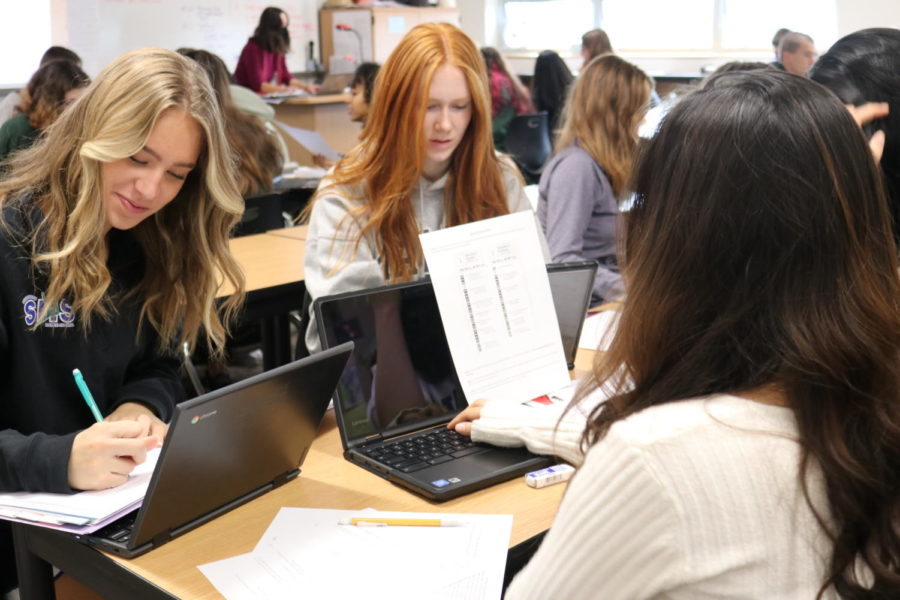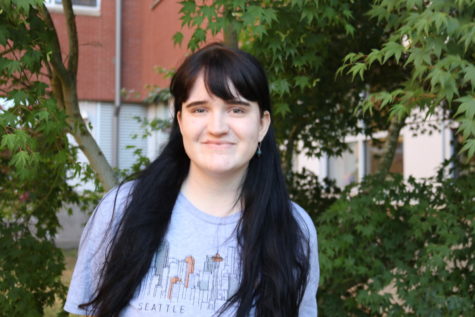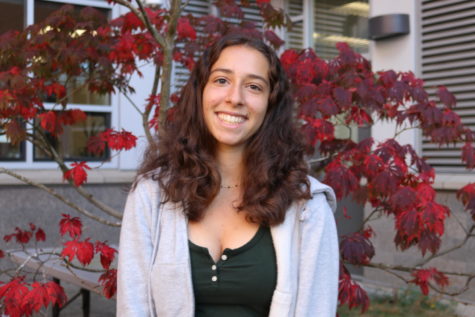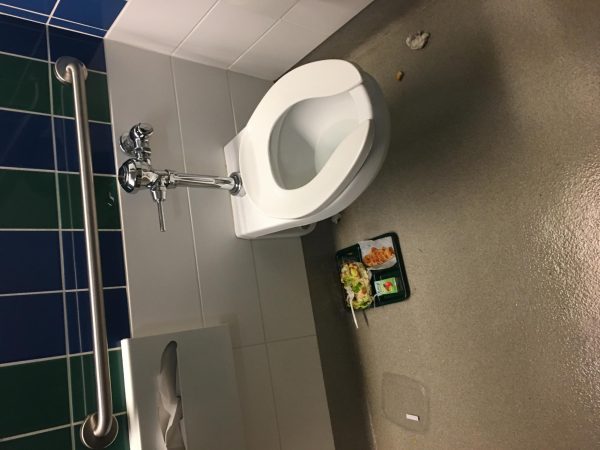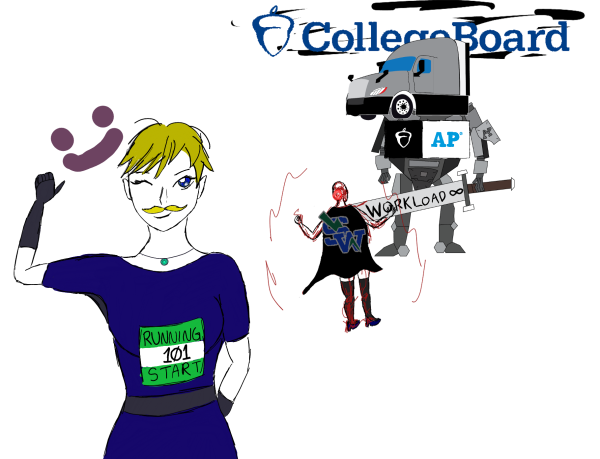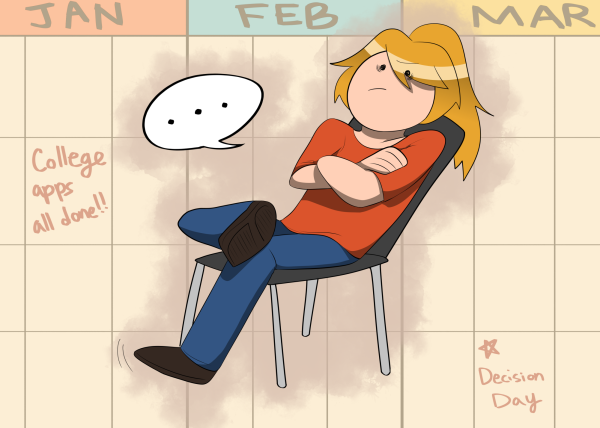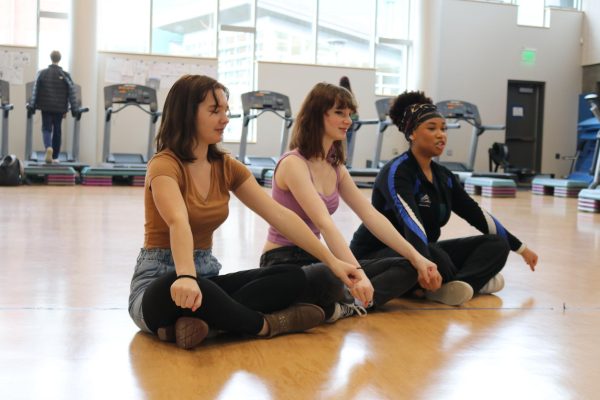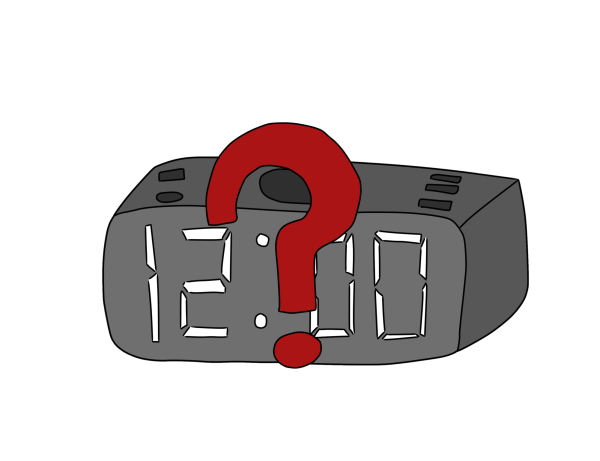Too much AP pressure for grades 11 and 12
Shorewood should offer more AP classes to underclassmen
November 17, 2022266 Views
AP classes are gruelling. There’s no better word to describe one’s first AP experience, often in sophomore year with AP World History. For the first time, you’re assigned hours of work and textbook reading per week, all leading up to exams with multiple essays and a vast amount of required content knowledge.
Hopefully, you’ll feel that all this work is worth it. Not only do you have a good chance to get college credit by passing the exam, but you also get an incredible amount of experience with time management and test-taking, alongside the tons of course content. AP courses can be immensely valuable and rewarding, but the workload can be a shocker.
For most of us, little of what we did in our two years as underclassmen prepared us for the rush of AP classes we’d take in junior and senior year.
Most of the AP classes are only open to upperclassmen; only a small selection of them are even available for freshmen and sophomores, and even fewer of them are realistic for underclassmen to take. The AP language classes, for example, are usually only taken junior year at the earliest due to the number of prerequisites.
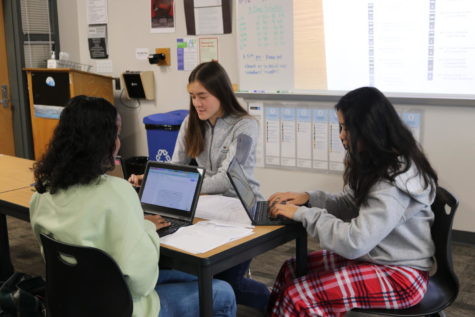
Of course, it’s the student’s decision whether or not they ever take AP classes; however, by not providing opportunities for underclassmen to challenge themselves with more advanced classes, the school runs the risk of under-preparing upperclassmen who otherwise would take AP courses, and making them feel as though it might be too overwhelming or that they’re not capable.
AP classes have a steep learning curve, requiring students to develop sophisticated note-taking, reading, and writing skills quickly. It’s easy to see that the amount of work needed for success in these courses could create a jarring transition for those who want the credit AP classes offer, but haven’t had any opportunity to prepare themselves for the workload first-hand.
What’s more, by cramming most of the advanced courses into the last two years of high school, the school inadvertently creates imbalanced workloads and puts too much pressure on students. Students who want AP credits try to fit as many as they can into their final two years of high school, often at the expense of their mental and physical health.
Taking that many AP classes is bound to take a chunk out of one’s personal time, which many use to nurture their interests and take care of themselves. The massive amount of homework assigned in a lot of advanced classes also makes many students lose sleep to get it done.
Junior year is commonly thought of as the hardest year of high school because of this. Students are suddenly thrown into more advanced classes and test prep, which can take its toll on students’ health.
But there are ways to break this pattern: there’s already a limited number of AP classes available, spanning many core subjects, so ambitious students who want as many AP credits as possible should be allowed to better space them throughout their four years of high school. This will let them challenge themselves with harder work while also being able to maintain their health and hobbies.
So what’s the solution to all of this? It’s simple—offer more AP or advanced classes to underclassmen, to better prepare them for the increased workload of their last two years. Students should have the chance to take more advanced classes in the subjects they want to pursue from an earlier grade.
As it stands, just AP World History in sophomore year isn’t enough to prepare students for the demanding workload that more AP classes will burden them with. Providing more AP courses for freshmen and sophomores, of varying levels of difficulty, is a great way to ease students into the overwhelming amount of work while also preparing them for success.
For example, AP Human Geography, a class that Shorewood doesn’t offer, is considered one of the easier AP courses, but it still provides students with advanced skills that will help them in the future—and it’s often taken by freshmen and sophomores in other schools.
Taking classes like AP Human Geography is a good way to combat workload shock in junior year. If Shorewood offered this class, or ones that operate similarly in establishing AP skills early on in high school, that would be a big step in the right direction.
If they’re unprepared, students are at high risk of pushing themselves too hard and threatening their learning. Shorewood should help its students by giving more choices to underclassmen, in order to get them ready for advanced classes—the key is preparation and pacing, neither of which the school currently supports.
The time has come to stop assuming that students have to neglect their health and wellbeing in order to challenge themselves, and it starts with changes the school can make.

